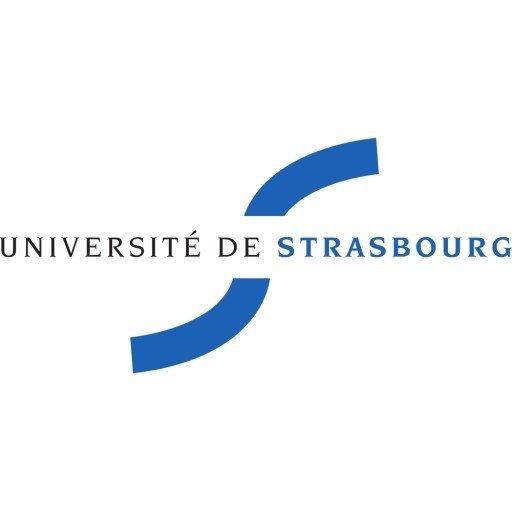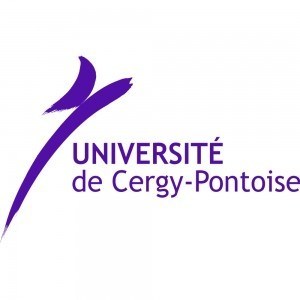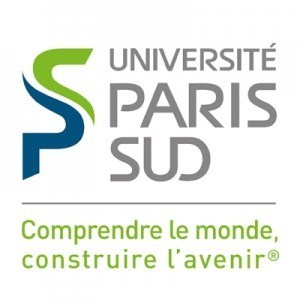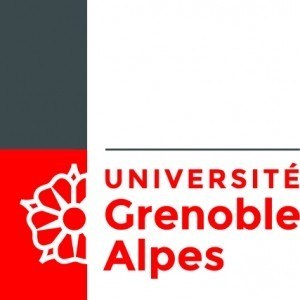Photos of university / #unistraofficiel
The Master's Degree in Subatomic and Astroparticle Physics at the University of Strasbourg offers students a comprehensive education in the fundamental particles and forces that make up our universe, as well as the cosmic phenomena that shape the cosmos. This specialized program is designed to prepare students for careers in research, academia, and industry by providing a strong foundation in theoretical and experimental physics. Throughout the course, students will explore the latest developments in areas such as quantum mechanics, particle physics, astrophysics, cosmology, and detector technologies. The program emphasizes hands-on training through laboratory work, computational simulations, and participation in ongoing research projects conducted in partnership with leading scientific institutions. Students will have the opportunity to engage with cutting-edge experiments at major facilities like CERN, and to collaborate with renowned scientists in the field. The curriculum includes core modules on particle physics, astrophysics, and the methods used in high-energy physics experiments, complemented by elective courses that allow students to tailor their studies according to their interests. Additionally, the program fosters interdisciplinary skills, critical thinking, and research methodologies essential for contributing novel insights to the field. Graduates of this master's program will be well-equipped to pursue doctoral studies or to enter the workforce in research centers, laboratories, or companies involved in advanced technological applications such as detector development and data analysis. The University of Strasbourg’s strong research community and international orientation provide an enriching environment for aspiring physicists dedicated to exploring and understanding the universe at its most fundamental level.
Syllabus 1st year : (M1, lectures in French)
• Quantum and Statistical Physics (112h).
• Matter, Nucleons and Elementary Particles (112h).
• Seminars in Contemporary Research (28h)
• Computing and Simulation (66h).
• 4 optional advanced lectures among (112h): Theory, Statistical and Quantum Physics, Mecanics, Astrophysics, Detection & Imaging, Nanophysics, Particles, Life Science, Atom.
• Laboratories in Physics (60h).
• Research Internship (16 days).
Syllabus 2nd year : (M2, lectures in English)
• Subatomic Physics (86h): Quantum Field Theory, Inroduction to Particle and Nuclear Physics.
• Instrumentation and Modelisation (48h).
• 5 optional lectures (200h) among: From nuclei to Star, Theoretical aspects of Nuclear Physics, Standard Model and Beyond, Particle Physics Theory, Strong Interaction at Hadronic Colliders, Astroparticles and Observational Cosmology, General Relativity and Cosmology, Nuclear Reactors and Applications of Nuclear Physics.
Admission and applications:
• First year admission: European Licence or Bachelor’s degree in physics.
• Second year admission: European M1 level (4 university years completed), with prerequisites in Electrodynamics, Quantum Physics, and Special Relativity.
The financing of the Subatomic and Astroparticle Physics program at the University of Strasbourg is primarily supported through a combination of funding sources. Students enrolled in this master's degree program may benefit from various financial aid options, including government grants, university scholarships, and research funding opportunities. France's national scholarship schemes, such as the CNOUS (Centre National des Œuvres Universitaires et Scolaires), often provide financial assistance to students based on merit and need, which can cover tuition fees and living expenses. Additionally, the university offers specific scholarships for international students and those engaged in research activities related to physics.
Funding for research projects within the program is often secured through national and European research grants, such as those from the French National Research Agency (ANR) or Horizon Europe programs. Students involved in research components of the program may have opportunities to participate in funded research teams, thereby reducing their personal financial burden. Some students may also find part-time work within the university or its affiliated laboratories, which can supplement their income during their studies.
International students are encouraged to explore scholarships specifically designated for foreign students, which can sometimes be used towards tuition and living costs. The university actively supports students seeking external funding sources by providing guidance and assistance in preparing applications. Moreover, some students might access loans offered through banking institutions or international loan programs that facilitate study financing.
Overall, the program’s financing structure aims to make advanced education in Subatomic and Astroparticle Physics accessible, emphasizing a combination of institutional support, research funding, scholarships, and personal resources. Prospective students are advised to consult the university’s financial aid office and official scholarship portals for the most up-to-date information about available funding opportunities and application procedures.
The Subatomic and Astroparticle Physics program at the University of Strasbourg offers students a comprehensive education in the fundamental aspects of particle physics, astrophysics, and related fields. This program is designed for students interested in exploring the fundamental constituents of matter and the universe, providing a blend of theoretical knowledge and practical skills. The curriculum covers a broad spectrum of topics including quantum mechanics, nuclear physics, cosmology, and detector technology, preparing graduates for careers in research, industry, or further academic pursuits.
Students enrolled in this program benefit from the university's strong collaborations with national and international research laboratories, such as CERN and other institutes specializing in high-energy physics and astrophysics. These partnerships often lead to opportunities for internships, research projects, and participation in cutting-edge experiments. The program is structured to include coursework, laboratory work, and thesis research, enabling students to develop expertise in experimental methods, data analysis, and scientific communication.
The teaching staff comprises experienced researchers and professors active in their fields. They provide mentorship and guidance to students, fostering an environment of innovation and inquiry. The program also emphasizes the development of transferable skills, such as critical thinking, teamwork, and scientific writing, which are highly valued across various sectors.
Graduates of this program are well-equipped to pursue doctoral studies or to enter professional careers in research institutions, universities, government agencies, or industry sectors related to aerospace, medical physics, or nuclear technology. The university's location and active research community enhance the educational experience, providing students access to seminars, conferences, and collaborative projects.
Overall, the Subatomic and Astroparticle Physics program at the University of Strasbourg offers a rigorous and dynamic educational path for students passionate about understanding the universe at its most fundamental level. The diverse curriculum, research opportunities, and professional development components aim to cultivate the next generation of scientists capable of contributing to advances in physics and astrophysics.






